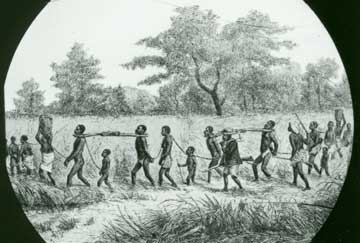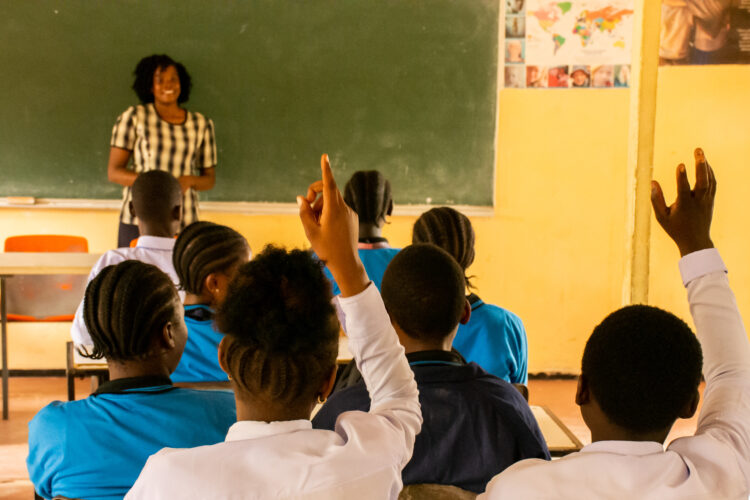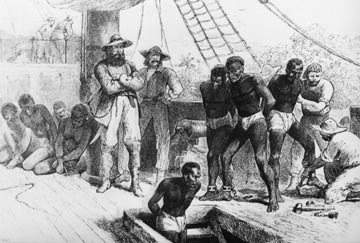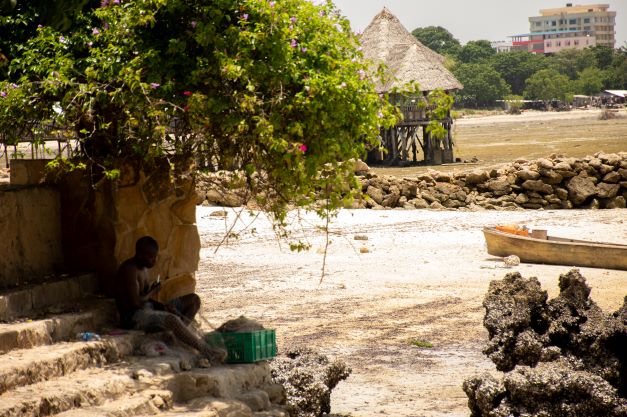
Speak out about modern slavery
We have a host of resources available for individuals, schools and faith groups
Download our free resources to help raise awareness of modern slavery in your communities
Forced labour in the brick kiln sector in India
State of Play: Forced Labour in India’s brick kilns.ATMG’s submission to the independent review of the Overseas Domestic Workers’ visa
In March 2015 the Minister for Modern Slavery, Karen Bradley, tasked James Ewins QC to undertake an independent review of the Overseas Domestic Worker (ODW) visa. The review includes consideration of:
- Whether the arrangements for issuing ODW Visas are effective in protecting potential victims from abuse
- Whether there is any evidence that the terms of the Visa, including the link to the specified employer, have led to the trafficking or slavery of domestic workers
- Whether the policies or processes for (i) identifying and (ii) providing support to victims of modern slavery amongst those who entered the country on an ODW visa are effective
- Whether the policies and processes for pursuing those accused of perpetrating modern slavery offences against those on an Overseas Domestic Workers Visa are effective
- The need to maintain the integrity of the immigration system.
Submission on the implementation of the EU Trafficking Directive by the UK Government
The UK Government has recently released the report on the implementation of the European Union Trafficking Directive (EU/2011/36) by the UK. The Anti-Trafficking Monitoring Group, which was set up to monitor the implementation of the Directive as well as the Council of Europe Convention on Trafficking in Human Beings, has been critical of the Government’s findings.
Joint submission for the Universal Periodic Review of Nepal, 23rd Session
Anti-Slavery International, Informal Sector Service Center (INSEC) & Backward Society Education (BASE)
Joint submission for the Universal Periodic Review of Mauritania, 23rd Session, October – November 2015
Anti-Slavery International, Minority Rights Group International & SOS-Esclaves
Anti-Trafficking Monitoring Group’s Modern Slavery Bill briefings
The following briefings were supported by the Anti Trafficking Monitoring Group shared with parliamentarians to improve the Modern Slavery Bill going through the parliament.
- A briefing on the Independent Anti-Slavery Comissioner; to welcome a government amendment which allows the Commissioner to oversee victim support and assistance, but continue to call for the role to have greater independence from the government and more direct access to Parliament.
- A briefing on victim protection (Clause 49) to support an amendment to create a duty on the State to provide physical, psychological and social recovery to victims, and a separate amendment to provide for the statutory establishment of the National Referral Mechanism (NRM).
- A briefing to call for the inclusion of a separate child exploitation offence to address the potential prosecution gaps that may result from the existing offences.
- A briefing to welcome the government’s amendments to clause 48 which give child trafficking advocates full legal powers and to seek assurance from the Minister that the provision of advocates will not be dependent on a positive NRM decision.
- A briefing in support of an amendment to reinstate protections for Overseas Domestic Workers (ODWs), to allow them to change employer, renew their visa and be entitled to a 3-month temporary visa to find an alternative place of (domestic) work if they leave an abusive employment situation.
- A briefing which calls for the statutory defence to be strengthened to ensure it works effectively for children, specifically by removing the ‘Reasonable Person Test’.
- A briefing in support of an amendment to Clause 47 to ensure that legal aid could be provided to a person before an application had been made to the National Referral Mechanism (NRM) competent authority or before the competent authority had reached its NRM decision.
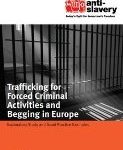
Trafficking for Forced Criminal Activities and Begging in Europe
RACE in Europe Project, lead by Anti-Slavery International.
This report analyses the phenomenon of trafficking into crime such as cannabis cultivation, ATM theft, pickpocketing, bag-snatching, counterfeit DVD selling, benefit fraud and forced sham marriage, as well as being forced to beg. The report explores the situation in the project partner countries (Ireland, the UK, the Czech Republic, and the Netherlands) and provides an overview of the rest of Europe. It exposes the dearth of systematic information and awareness about this type of exploitation amongst the policy makers and justice system actors with very few cases reported in official statistics and many victims misidentified as offenders.
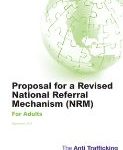
ATMG National Referral Mechanism for adults and children
Anti-Trafficking Monitoring Group.
The Anti-Trafficking Monitoring Group has created proposals for a revised National Referral Mechanism (NRM), one for adults and a separate one for children, to assist the Home Office in its ongoing review of the current system. The NRM is the process through which victims of trafficking are formally identified and supported and has been in place in the UK since 2009. After it was established, the ATMG has raised concerns about the way in which it operates and has highlighted these in its research reports. The proposed models address these issues and provide workable solutions to them.
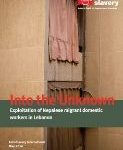
Into the Unknown: Exploitation of Nepalese migrant domestic workers in Lebanon
Audrey Guichon, Anti-Slavery International.
New research looking at the vulnerabilities to widespread abuse of Nepalese migrant domestic workers in Lebanon rooted directly in the systems in place in both home and destination countries. It also looks at the work Anti-Slavery and its partners have done to reduce these vulnerabilities and the first signs of change.
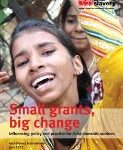
Small Grants, Big Change: Influencing policy and practice for child domestic workers
Anti-Slavery International.
This report examines Anti-Slavery International’s project aimed at improving lives of child domestic workers by the realisation of a small grant scheme (SGS). This fresh approach for Anti-Slavery International and its partners in Costa Rica, India, Peru, Philippines, Tanzania and Togo has seen 52 fledgling local groups many led by child domestic workers themselves – provided with funds to support child domestic workers and influence policies and practices towards them across 9 countries. Closely monitored and mentored by project partners since 2009, these local groups have directly assisted thousands of child domestic workers and have changed the attitudes of local and national duty bearers to improve the lives of many more.
